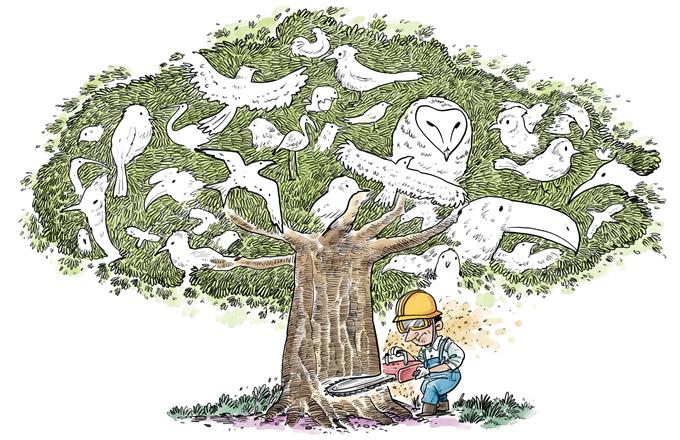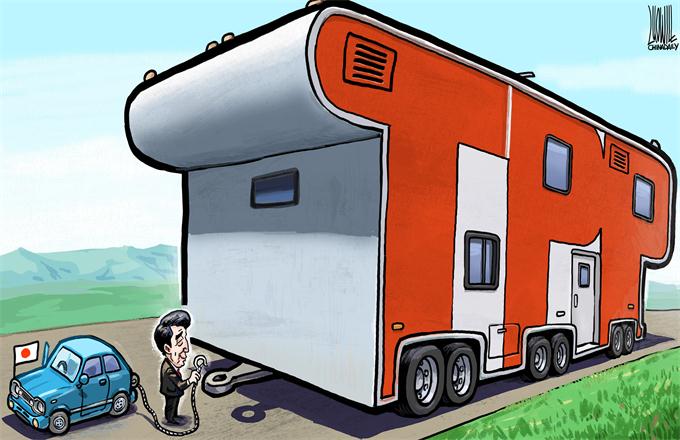The travails of having a second child
Zhang Yimou, the famous Chinese film director, has created quite a stir as rumors say that he has seven children. His case is still under investigation. But it is estimated that he could be fined up to 160 million yuan ($26.06 million) for violating the family planning policy if indeed he has seven children.
It is a well-known fact that rich and famous people have been violating the family planning policy, under which most families are allowed to have only one child.
The fine levied as "social upbringing fees" for breaking family planning norms, however, can be unbearable for ordinary people. Yang Zhizhu, formerly a Beijing-based law professor, posted an article on the Internet on Feb 13, 2012, saying the fine imposed on him for having a second child had led to the freezing of his bank account with 350,000 yuan and turned him into a "beggar". The case sparked a debate on the "social upbringing fees".
Although eye-catching cases of celebrities and the rich magnify our worries over a baby boom, the fact remains that such people account for a tiny fraction of the population to change the declining trend of China's birth rate, which decreased from 1.22 in 2000 to 1.18 in 2010. China's problem, in fact, is the unbalanced structure rather than the size of its population.
According to Article 18 of the Law on Population and Family Planning, the State shall take steps to stabilize the existing family planning policy. Likewise, the State encourages citizens to marry and bear children at a later age and advocates that one couple bear only one child. Of course, couples who meet the criteria of having a second child can do so after getting permission from the relevant government department. In addition, Article 41 of the Law on Population and Family Planning says that couples who have children in violation of the family planning policy will have to pay the "social upbringing fees".
Experts say the "fine" is imposed on couples who violate the family planning norms to cover the costs that the economy, society and the environment have to pay for the upbringing of an extra child. The measures for collecting the "social upbringing fees" and its amount are decided by provinces, autonomous regions and municipalities, which take into consideration the local urban/rural income level as well as the specific couple's income.

























